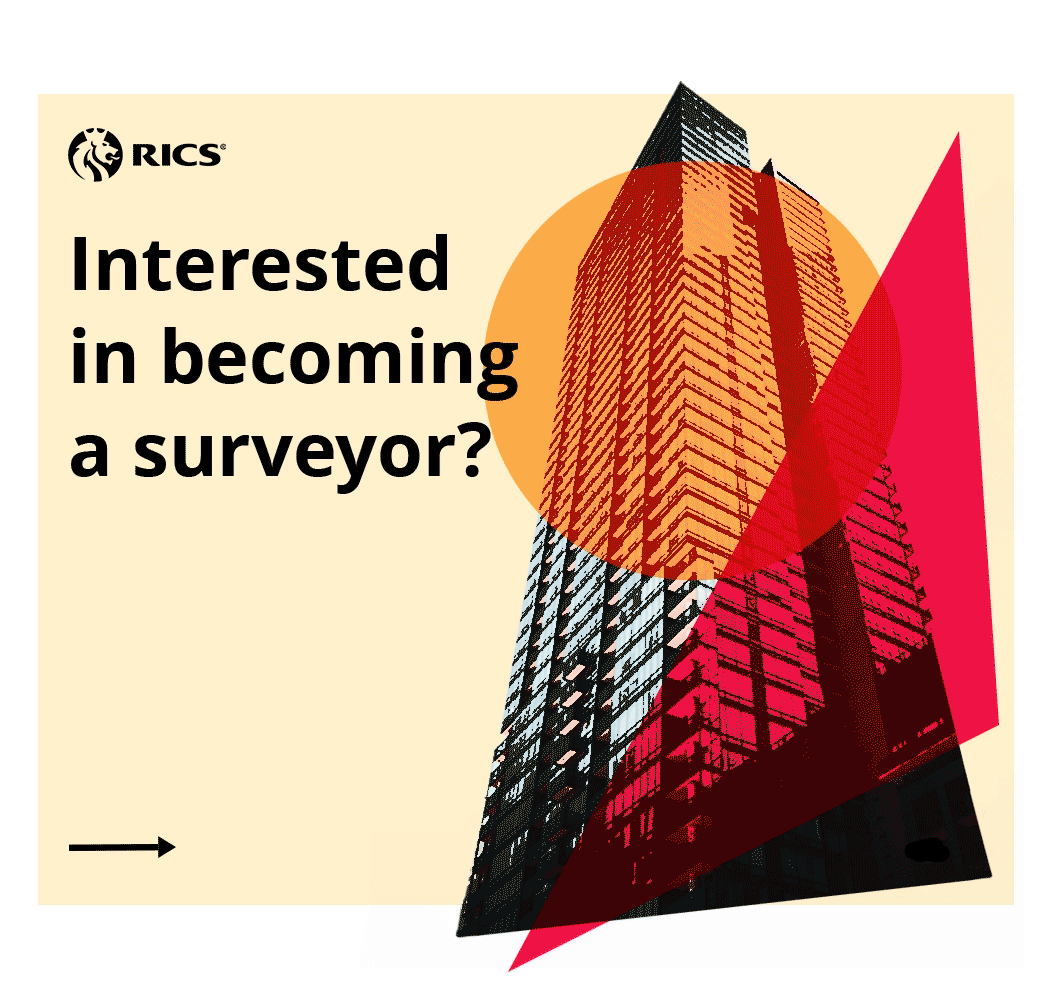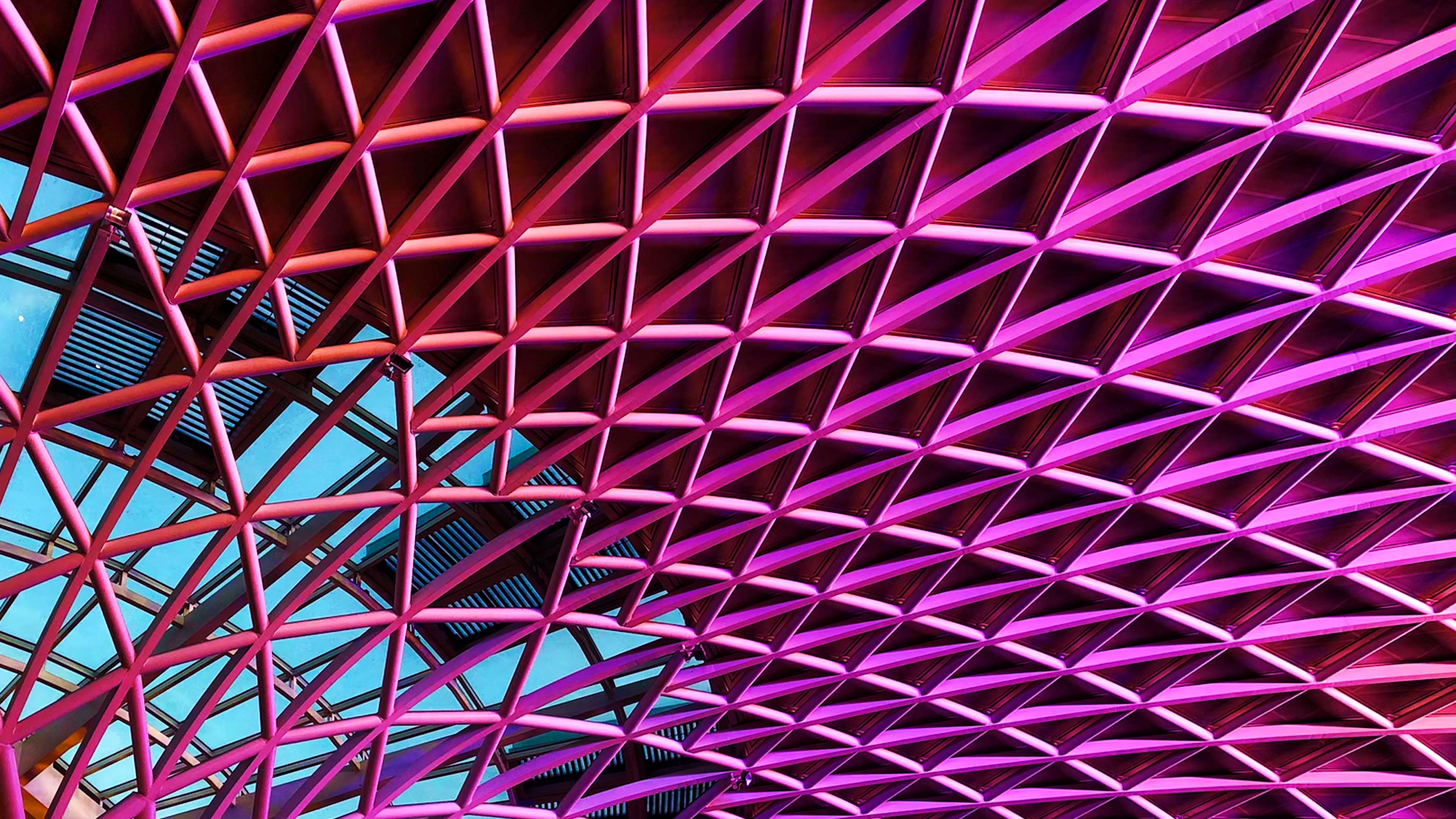There are very few people whose work has influenced and shaped the culture and nightlife of London over the past three decades as much as Amy Lamé.
As founder of the Olivier-award winning club night Duckie and key campaigner to ensure the Royal Vauxhall Tavern remains a centre for the LGBTQ+ community, her legacy is assured. However, in her own words, she has only just started and in her role as London’s night czar, she is well-placed to ensure the city belongs to all Londoners, no matter the time of day they work, rest or play.
Modus had the chance to ask Amy about night time London, working with the mayor’s office and what Londoners expect from a city that doesn’t stop.
Modus: What are Londoners’ night time priorities and how do you address them?
Amy Lamé: Night surgeries are organised together with local authorities to meet resident and community groups, businesses, councillors, night workers and volunteers to hear their views and the challenges they are facing across all aspects of London at night.
These can range from licensing issues and working closely with representatives of councils to rectify these, or speaking with venues which are at risk of closing and signposting them to the support available. We’re there to listen and help Londoners with all aspects of their work.
People also want to see high streets being used outside traditional working hours and have access to culture, arts or music on their doorstep once they’ve finished work. Through our Night Time Enterprise Zones programme we’re able to do just that and work in partnership with local boroughs to help reimagine our high streets and make them more accessible, inclusive and welcoming after dark.
It is vital that people working between 6pm and 6am have access to healthy and affordable food, as well as comfortable spaces where they can take a break. In research commissioned by City Hall last year, many night time workers also reported that they would benefit from better street lighting.
What do the people who work at night like about it?
We have undertaken a world-first comprehensive data study into London at night to understand all aspects of how our city works. We found that more than a third of Londoners (36%) work between the hours of 6pm and 6am at least once a week and over half (56%) work at night at least once a month.
In some sectors, employees are paid more for working those hours and many people I speak to enjoy the advantages night time work can bring. It allows more time for study, caring duties and leisure activities during the day.
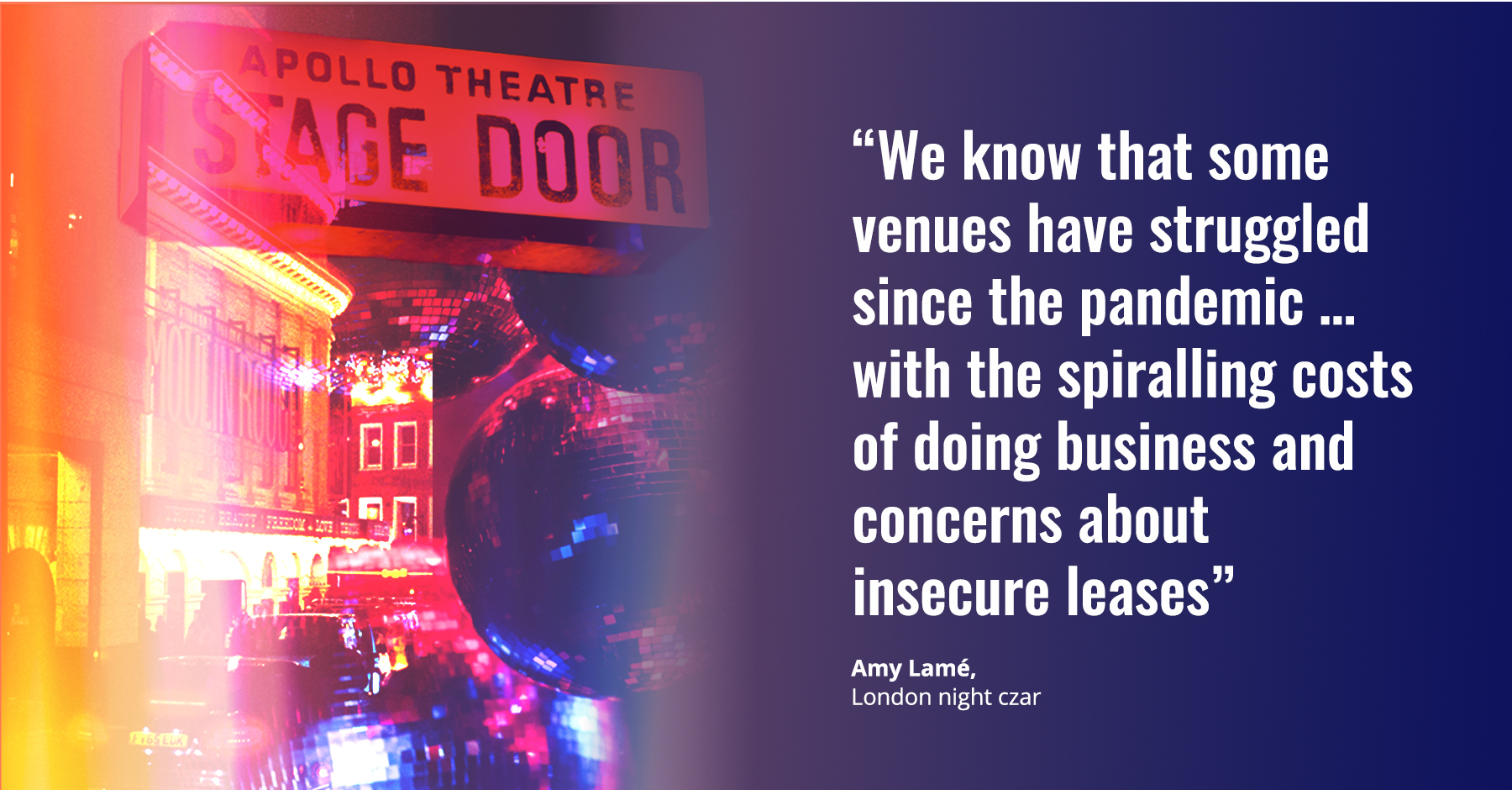
Looking beyond the UK, is there a nightlife initiative in other cities you’ve seen that you’d like to adopt in London?
One of the great things about being night czar is that you’re part of a global network of night time advocates who are all doing some great work to support our cities at night. We all approach our work in a spirit of collaboration and partnership and take inspiration from each other.
For example, our friends in New South Wales in Australia are doing some amazing work helping businesses with better local promotion and embedding live performance in hospitality venues. Cities like Melbourne and Tallin in Estonia have also adopted the London model for the Women’s Night Safety Charter. It’s all about sharing ideas and seeing what might work in your own city.
Women’s safety is an ongoing concern for cities around the world – what measures can be effectively implemented in London to ensure the safety of women when they are out at night?
Women’s safety is one of mine and the mayor’s number one priorities and we’re working with organisations across the capital to make London a city where all women feel confident and welcome at night.
The mayor's Women's Night Safety Charter requires organisations to adopt simple policies to help keep women safe at night, including: designing public and work spaces that are safe for women at night; nominating a champion within the organisation who actively promotes women’s night safety; and training staff to make sure all reports are believed, recorded and responded to.
So far more than 2,100 organisations, including venues, gyms and councils across London have signed up to the Women’s Night Safety Charter and we’re calling on more to sign up. It’s an initiative I’m incredibly proud of and it’s great to see other cities, including Cardiff, Bristol, Exeter and Manchester, following our lead by adopting our model.
How do you work with the mayor of London’s office on implementing changes to the night time economy? Do you go to him with recommendations, or does he come to you?
We work collaboratively across the team and I’m there to advise not only the mayor, but deputy mayors and mayoral advisors as we build a safer and more prosperous London.
This ranges across all areas of planning and policy which impact London at night: championing London’s nightlife as it bounces back after the pandemic; advocating for London's 1.3m night time workers; collaborating with partners across the capital to improve night time initiatives; and putting women’s safety at the heart of night time organisations.
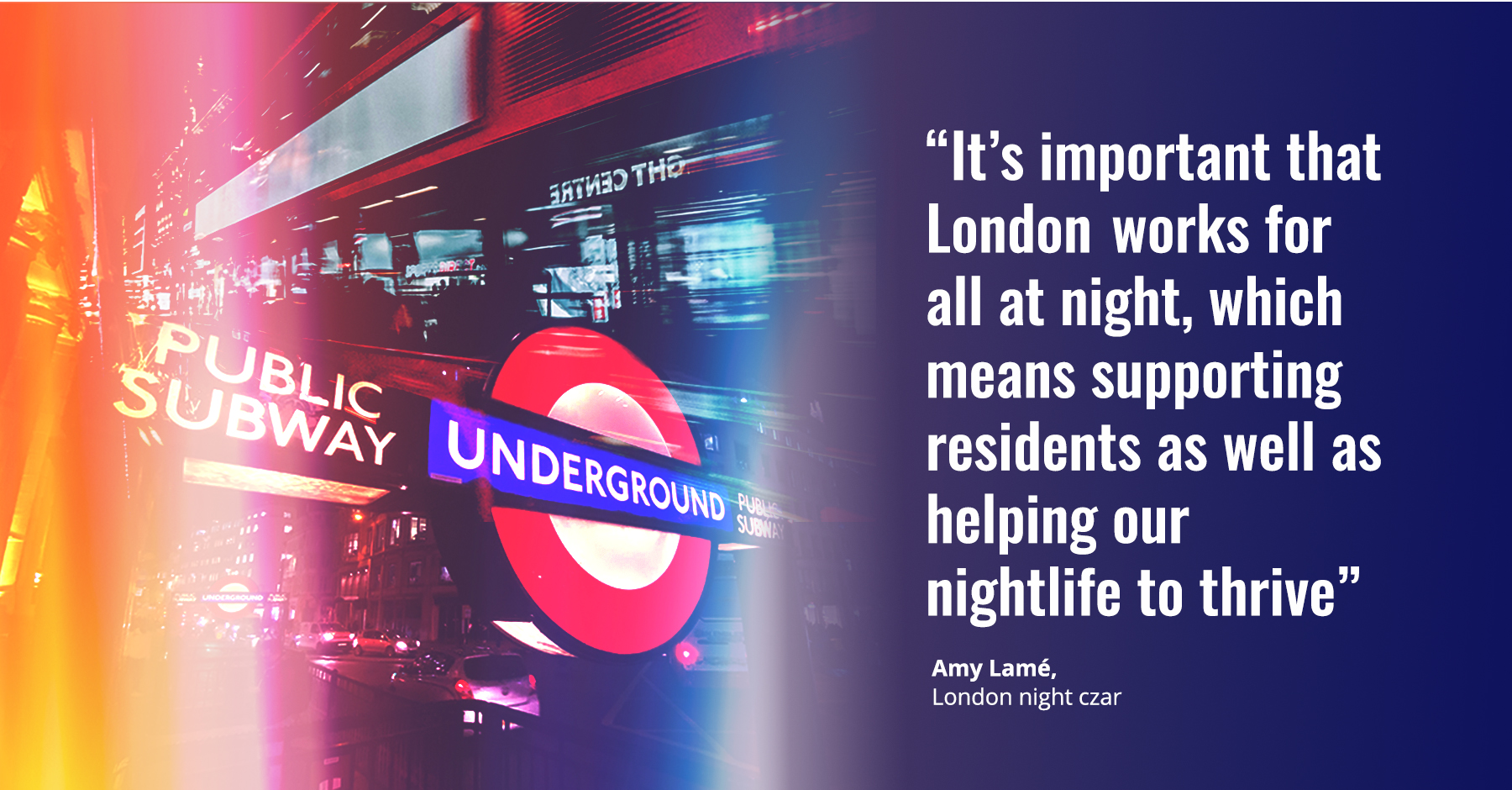
How are you hoping to reverse the decline of queer spaces and live music venues in London to ensure the capital maintains its position as a diverse cultural hub?
London’s famous nightlife is known across the globe with our LGBTQ+ and live music venues at the heart of it. I’m delighted that in the past few months we’ve seen new plans set out for the Black Cap in Camden, the opening of Drumsheds in Tottenham, late-night licences being granted for HERE and The Lower Third in Tottenham Court Road and extended hours for Electric Ballroom in Camden, as well as She Soho and Little Ku.
We know that some venues have struggled since the pandemic and it’s not been smooth sailing for the industry with staff shortages, the spiralling costs of doing business, and concerns about insecure leases and licensing issues.
We have been doing all we can to help, including creating the most pro-pub and night time planning strategy protections the capital has ever seen, and asking every borough to develop a night time strategy. The mayor’s ‘Let’s Do London’ campaign has attracted 850,000 additional visitors, who in turn contributed £360m to London’s economy.
I have also been supporting venues who are struggling through the mayor’s Culture and Community Spaces at Risk programme, and the mayor's Business Friendly Licensing Fund, working closely with the sector through roundtables and night surgeries across the capital.
Although London is a great example of diversity and inclusivity to others, it’s important we have our own dedicated LGBTQ+ venues which London is so well known for. During the pandemic, we provided £225,000 in funding to these venues at risk of closing as part of the Culture and Community Spaces at Risk Programme. We’ve also set up the first ever LGBTQI+ Venues Forum, which invites venue owners and operators to come together and discuss their shared challenges.
How are you balancing the night time needs and experiences of resident Londoners with those of the substantial tourist population that visits the city?
It’s important that London works for all at night, which means supporting residents as well as helping our nightlife to thrive.
We have a number of initiatives in place to ensure everyone’s needs are met. For example, Sadiq Khan introduced the Agent of Change which puts the onus on developers to mitigate against noise in new buildings located close to existing night time spaces, and I continue to work with local authorities to ensure that well-run venues are safeguarded as part of London’s unique culture, character and heritage.
We’re also supporting Westminster City Council through our Business-Friendly Licensing Fund to run citizens’ assemblies as part of its Westminster After Dark programme. This programme asks residents, visitors and workers what they’d like to see in the borough at night, and the response will help inform their night time strategy.
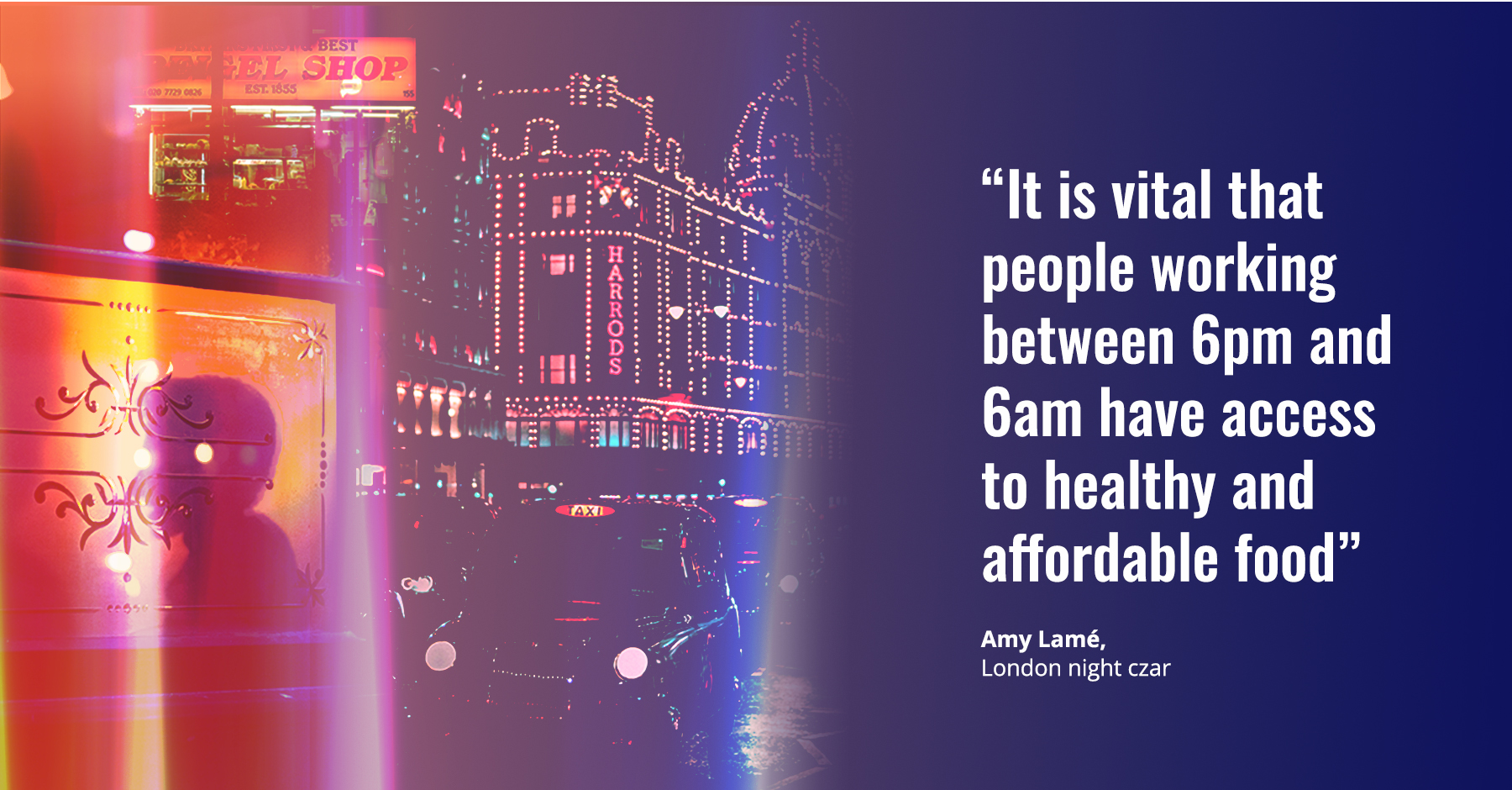
As the expert, what are some of your favourite places to go at night in London?
I particularly enjoy London's independent pubs and live music venues. I'm lucky to live in Camden with so many brilliant places on my doorstep like the Dublin Castle and the Electric Ballroom, plus some fantastic larger venues like The Roundhouse and KOKO.
From grassroots venues to major arenas there is something for everyone, and recently we’ve received a real boost with the opening of Drumsheds in Tottenham and at the Outernet by Tottenham Court Road station. Our nightlife is the envy of the world and I couldn’t be prouder of the incredible people who bring this city to life at night.

